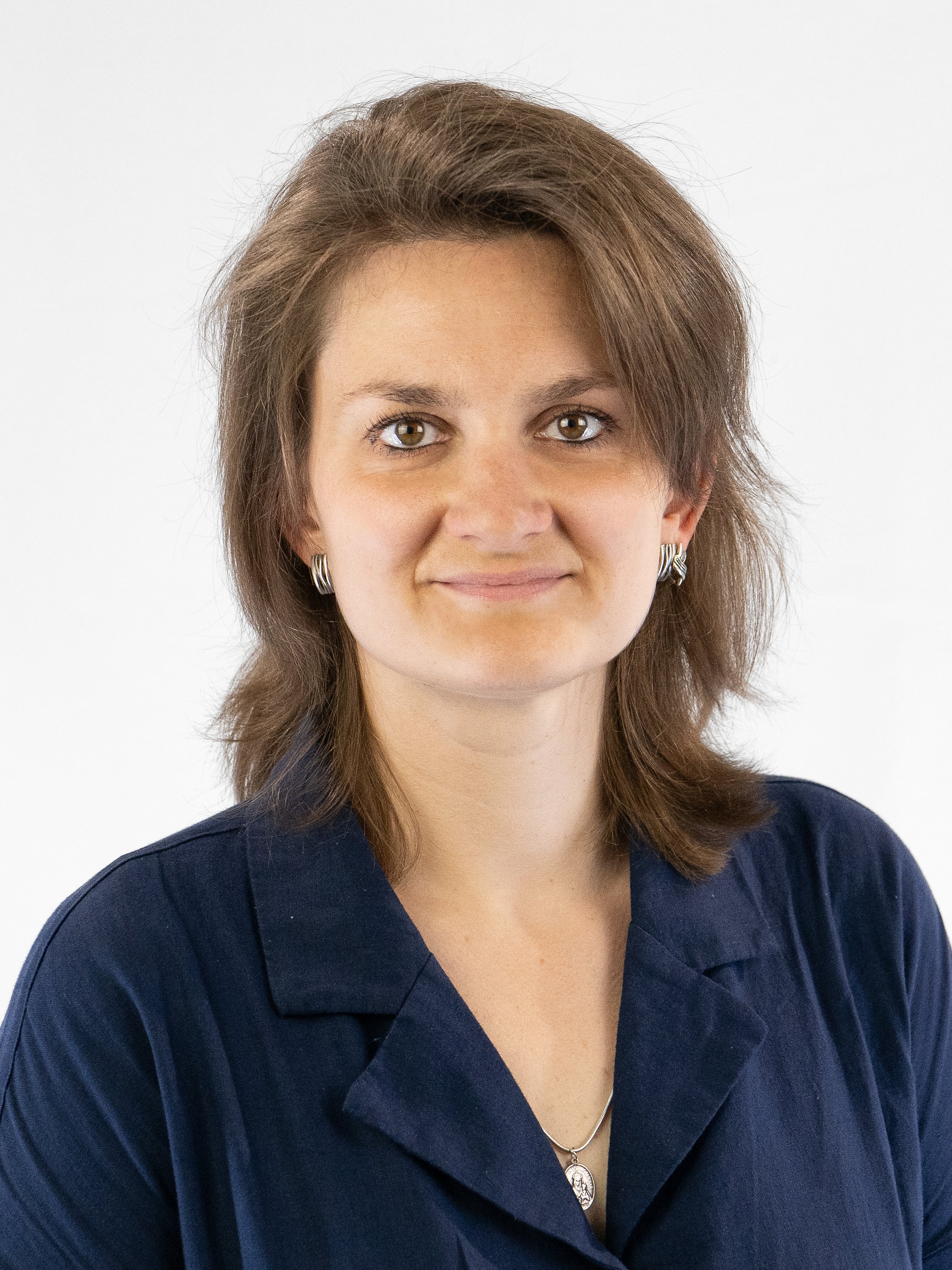15 March 2024
Interview with Dr. Valeryia Kasneryk—Winner of the Materials 2024 Travel Award
You are accessing a machine-readable page. In order to be human-readable, please install an RSS reader.
All articles published by MDPI are made immediately available worldwide under an open access license. No special permission is required to reuse all or part of the article published by MDPI, including figures and tables. For articles published under an open access Creative Common CC BY license, any part of the article may be reused without permission provided that the original article is clearly cited. For more information, please refer to https://www.mdpi.com/openaccess.
Feature papers represent the most advanced research with significant potential for high impact in the field. A Feature Paper should be a substantial original Article that involves several techniques or approaches, provides an outlook for future research directions and describes possible research applications.
Feature papers are submitted upon individual invitation or recommendation by the scientific editors and must receive positive feedback from the reviewers.
Editor’s Choice articles are based on recommendations by the scientific editors of MDPI journals from around the world. Editors select a small number of articles recently published in the journal that they believe will be particularly interesting to readers, or important in the respective research area. The aim is to provide a snapshot of some of the most exciting work published in the various research areas of the journal.
Original Submission Date Received: .

We wish to congratulate Dr. Valeryia Kasneryk on winning the Materials 2024 Travel Award. Dr. Kasneryk is a Postdoctoral Researcher at the Helmholtz-Zentrum Hereon, Germany. Her research focuses on investigating and applying porous and nanoporous materials.
The following is the interview with Dr. Valeryia Kasneryk:
1. Can you briefly introduce yourself to our readers and tell us a little bit about your fields of interest?
The 14 years of my scientific career have been always connected with the investigation and application of porous and nanoporous materials. Regarding my educational/professional career, I obtained my master's degree in the program of double diploma between Moscow State University (Russia) and Chimie ParisTech (France) in 2014. After that, I graduated with my Ph.D. study in 2018 on the base of the Czech Academy of Science (Czech Republic). My research project was devoted to the chemistry of molecular sieves with a special focus on the synthesis of novel crystalline nanomaterials. In 2021, I joined the Institute of Surface Science in Helmholtz-Zentrum Hereon as a postdoctoral researcher in the frame of the Alexander von Humboldt fellowship. My current project is focused on the development of novel nanocontainers for corrosion protection based on metal-organic frameworks (MOFs).
2. Where do you obtain journal award participation information?
I obtain this information on the web page of Materials journal.
3. How did winning this award impact your career, and what do you hope to do?
Winning the Materials 2024 Travel Award is a great honor for me. With the support of the Materials 2024 Travel Award, I am planning to participate in the 9th International Conference on Metal–Organic Framework and Open Framework Compounds, one of the most important international conferences in the area of MOF materials. Participation in this high-level event is a great chance for me to promote my investigations as well as to meet personally the greatest scientists around the world working with MOFs.
4. During the conference, will you pay attention to the promotion of a journal during the presentation of the participants?
Yes, I will! Moreover, I am planning to promote the Materials Travel Award, as it represents a great opportunity for young scientists.
5. What is your opinion of the open access model of publishing?
From my point of view, science should be open and accessible to everyone! In this context, open access publishing represents a win-win option, as readers can gain knowledge and authors disseminate their results.
